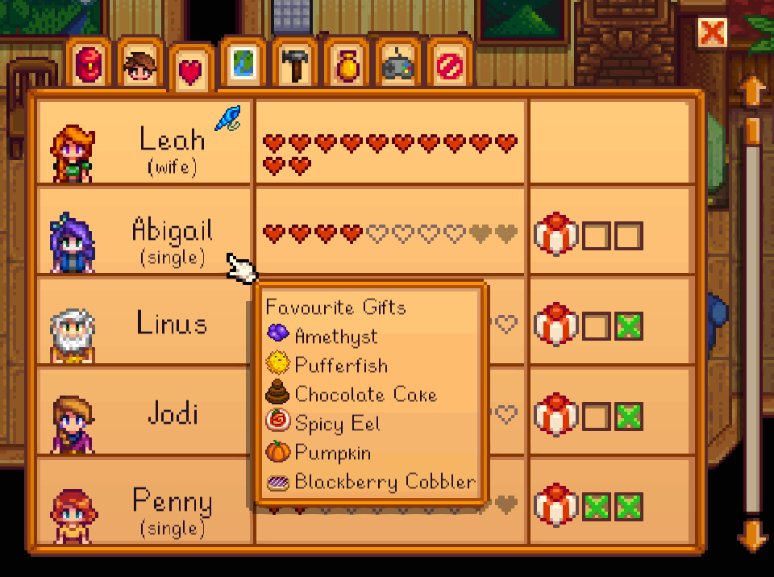A big reason why I haven't scratched my game developing itch in a while, is because I keep repeating the most basic of mistakes: I dream too big. And while it's fun to think about these grand designs, they stay hypothetical. That changed when I came into contact with interactive fiction (IF), as they may allow me to mitigate this.
When given a story, the mind will fill in all that is missing from context. IF utilises this by setting up the context and giving the player choices. So instead of myself dreaming big and work way too hard to make that dream into a game, I could make a game where I let the player dream big.
Dating Sims and their dark assumptions
A genre of game that fits well within the mechanisms of IF, is the dating sim. The fantasy that a dating sim sells, is that of the PC romancing other characters. You find out what they like and with every choice the game gives you, you play to that.
Usually players go through a main narrative arc, with little loops that branch of the main one, only to return to it later. In these branches there are opportunities to score points, that either go towards the stats of the player character (PC) or the relationship with a non player character (NPC). This all goes towards the ultimate goal of a dating sim: to romance one of the characters into a romantic relationship.

A big problem I have with dating sims, is the disconnect between the narrative that's told by the story, and by the mechanisms. A common mechanism to "romance" a character is to give them gifts. You literally buy their affection, and the NPC's don't care if it's the fifth time today that you gave them their favorite flavor of cake. The player is not building a relationship with the NPC's, they're manipulating them into one.
When the mechanisms and narrative aren't aligned with each other, this could result in a break in immersion, or the player feeling forced to play a different role than the narrative suggests. This conflict between narrative and mechanisms is at play in most dating sims, as relationships between people are gamified.

This is to be expected when you gamify relationships, as the goal will get translated to maximizing the score towards your romantic target. Meanwhile the narrative shows how you present yourself as a friendly likeable character to the NPCs. That doesn't sound like a dating sim to me. That's a sociopath sim.
Let's roll with it
The idea of a sociopath sim appealed to me, as it offers some advantages. The biggest one being, that a sociopathic character is more morally "flexible", allowing for a wider range of narrative options. In addition people also have a set of assumptions about the term, allowing it to be used as a shorthand to set player expectations.
The next challenge is to find a setting for a sociopath. The sociopath could be in hiding, trying to accomplish their secret goals while maintaining a cover. Or perhaps they would fulfill a position where sociopathic tendencies are more accepted.
- A spy, using a combination of social engineering, lock picking and hacking skills.
- A politician or C-suite executive, using manipulation, bribes and blackmail to raise support for their goals.
- etc...
That's it for now, while I will explore what stories and game mechanisms a sociopathic protaganist affords. Meanwhile please leave a comment, to let me know what you think. I blog to get feedback and be inspired by others, so I would love to hear your two cents.

